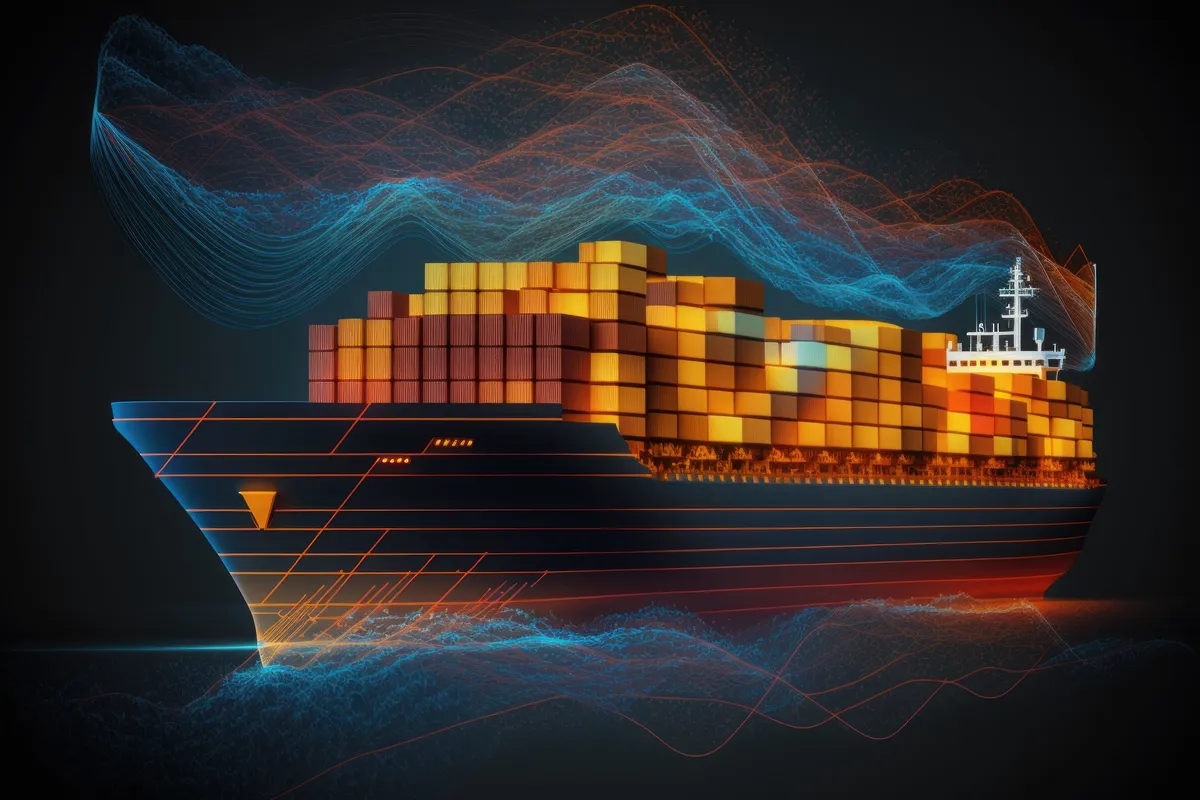The International Maritime Organization published document MEPC 82/8/3, presented at the 82nd session of the Marine Environment Protection Committee (MEPC) on August 9, 2024, addressing the follow-up on actions from the IMO's Action Plan to combat marine plastic litter from ships.
Key Points
1. Progress on the Action Plan
- Actions Overview: The IMO's Action Plan to address marine plastic litter from ships initially identified 30 actions. As of now, 12 of these actions are deemed completed, 13 are in progress, and 5 require proposals from Member States or international organizations before they can be initiated.
- Assessment Issues: The document highlights a major concern that the review of these actions did not evaluate their effectiveness in achieving the Action Plan’s overall objective. The primary goal is to prevent marine plastic litter from ships entering the oceans. There is a need to ensure that completed actions genuinely contribute to this goal.
2. Effectiveness and Implementation
- Delays and Momentum: Despite the Action Plan's aim for completion by 2025, there have been significant delays and a lack of progress. The implementation timeline, aligned with Sustainable Development Goal 14, has not been met, and the plastics agenda within the IMO has seen limited advancement.
- Examples of Inadequate Actions: Some actions considered complete do not fully address their intended goals. For instance, Action 18, which involves considering impacts on small island developing states (SIDS) and remote locations for waste disposal planning, has not been adequately addressed by the current measures, such as MARPOL amendments for Arctic ports.
3. Enforcement and Public Awareness
- MARPOL Annex V Compliance: Several actions related to the enforcement of MARPOL Annex V, which regulates garbage disposal from ships, have been poorly addressed. Issues include a lack of proposals for enhanced enforcement mechanisms and insufficient progress on public awareness and seafarer training initiatives.
- Shipping Litter Evidence: The document notes that while land-based sources are often cited as the main contributors to marine plastic litter, significant amounts of litter from ships have been observed. For example, recent studies and reports show a notable increase in plastic bottles from various countries washing up on beaches, indicating a substantial contribution from shipping activities.
4. Specific Cases and Findings
- Hazardous Waste: There have been reports of dangerous items, such as aluminum cylinders containing rodenticides and insecticides, washing up on beaches. These pose serious risks to both humans and wildlife.
- Lost Cargoes: There is a risk of plastic cargoes being lost at sea, including plastic pellets and products like LEGO pieces. While not many documented cases exist, the sheer volume of plastic waste transported suggests that such incidents could contribute significantly to marine pollution.
5. Proposals and Actions
- Urgent Actions Needed: The co-sponsors call for immediate action to address the shortcomings identified. They propose that the Committee:
- Enhance Enforcement: Improve enforcement of MARPOL Annex V requirements to ensure proper disposal of garbage at reception facilities.
- Increase Awareness and Training: Boost public awareness, education, and seafarer training regarding marine plastic litter.
LINK TO ACCESS THE DOCUMENT

Sign up for our newsletter
It's free. No spam. Cancel anytime.









Related News
Most important regulatory news published in the last week
Jan 21, 2025
Isle of Man: Key changes to marine casualty reporting
Jan 17, 2025
Updated IMO guidelines for GMDSS radio installations on SOLAS ships
Jan 17, 2025